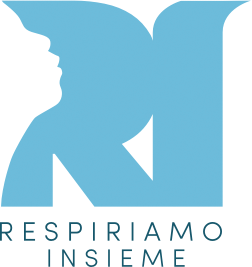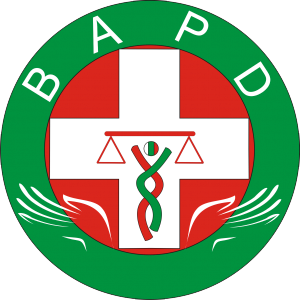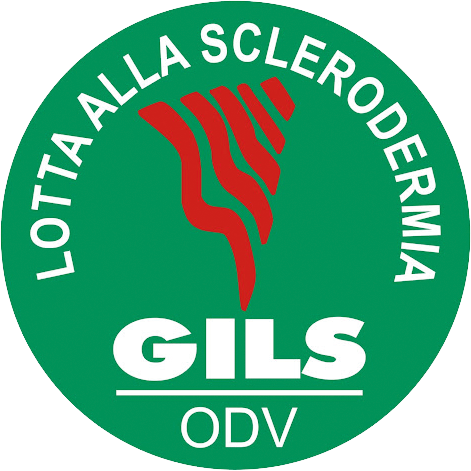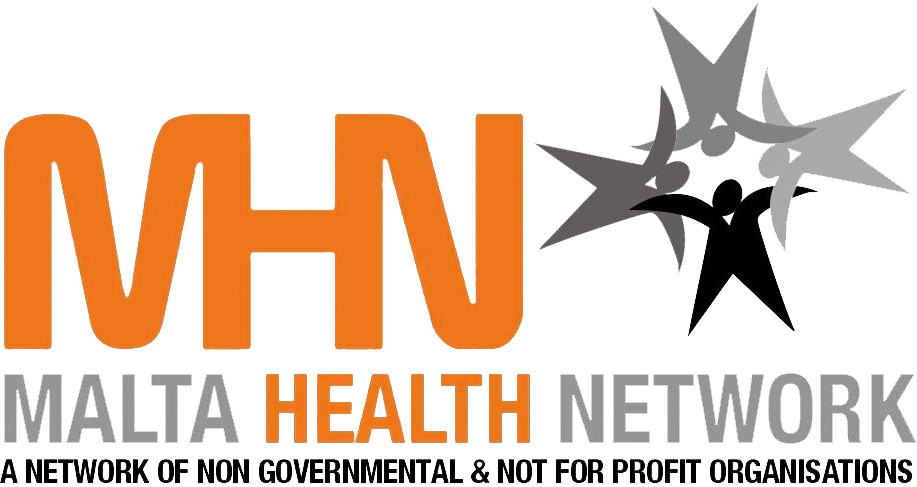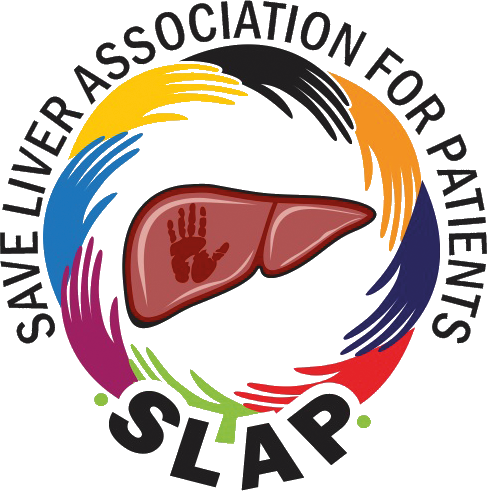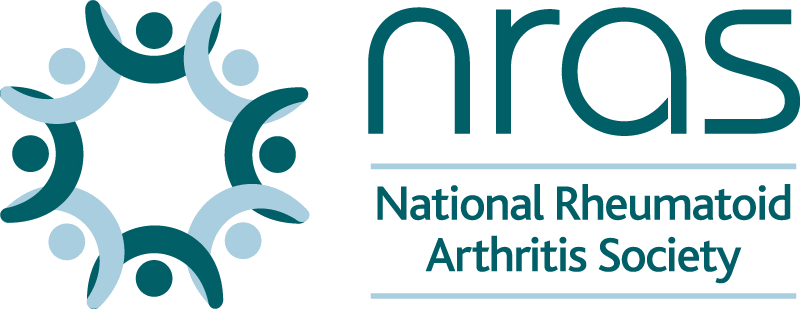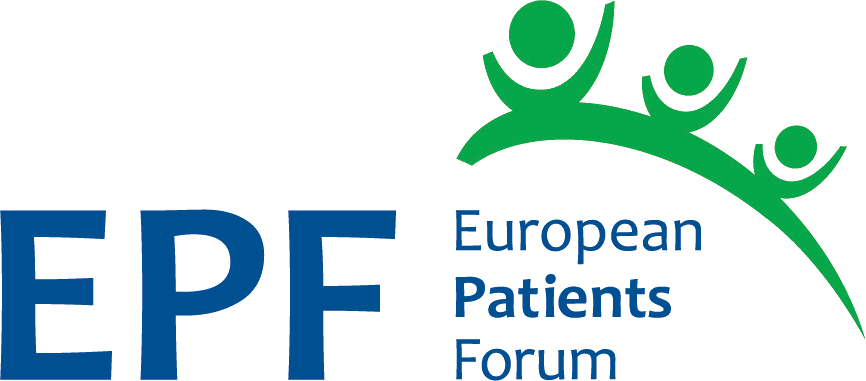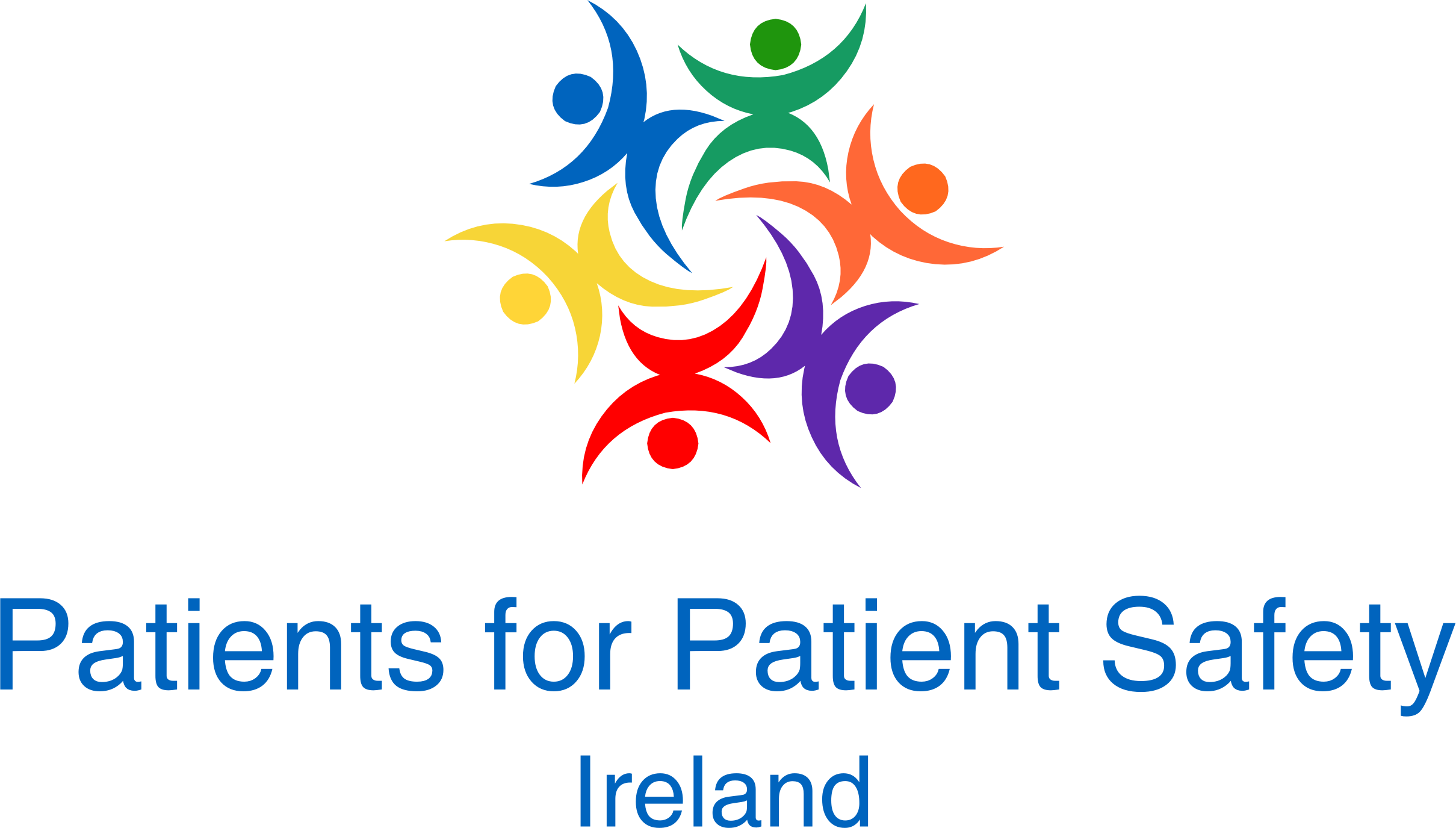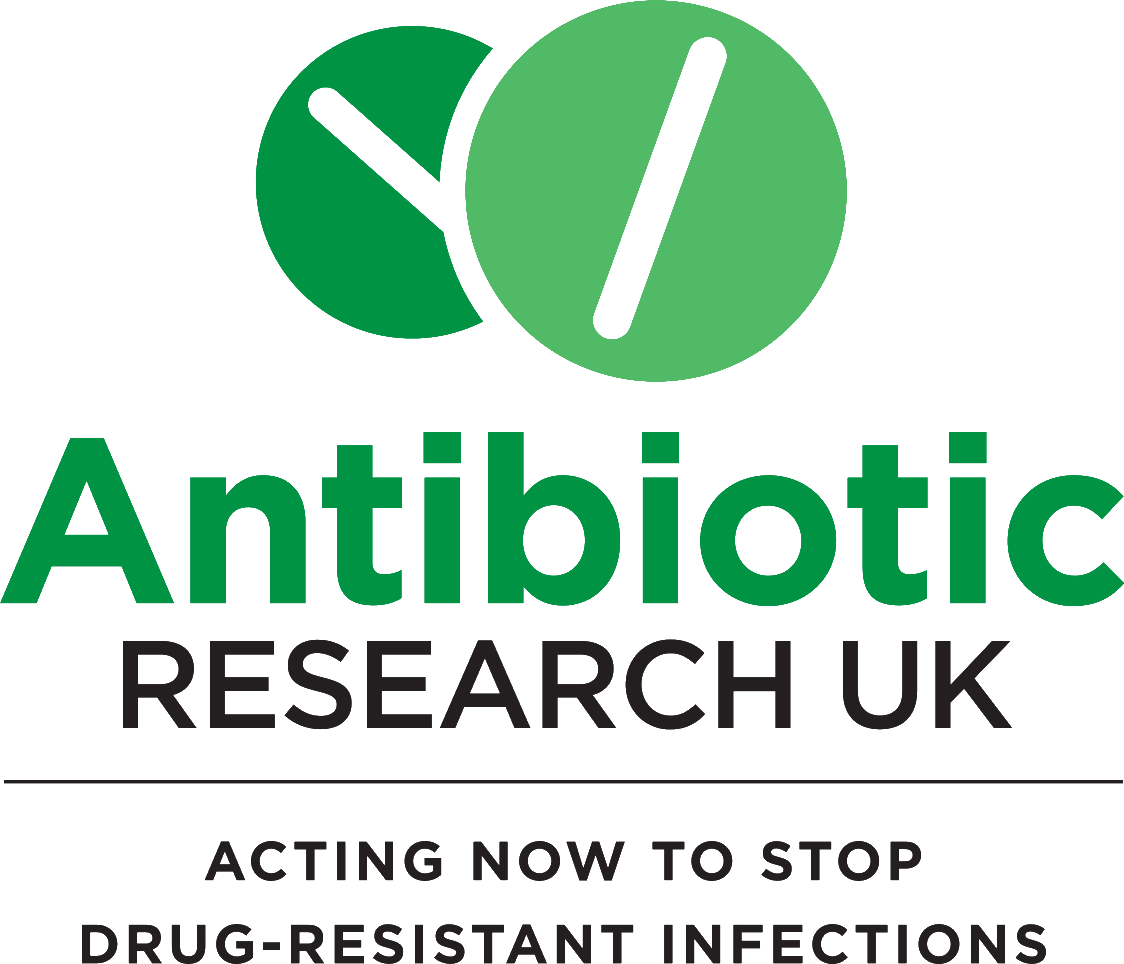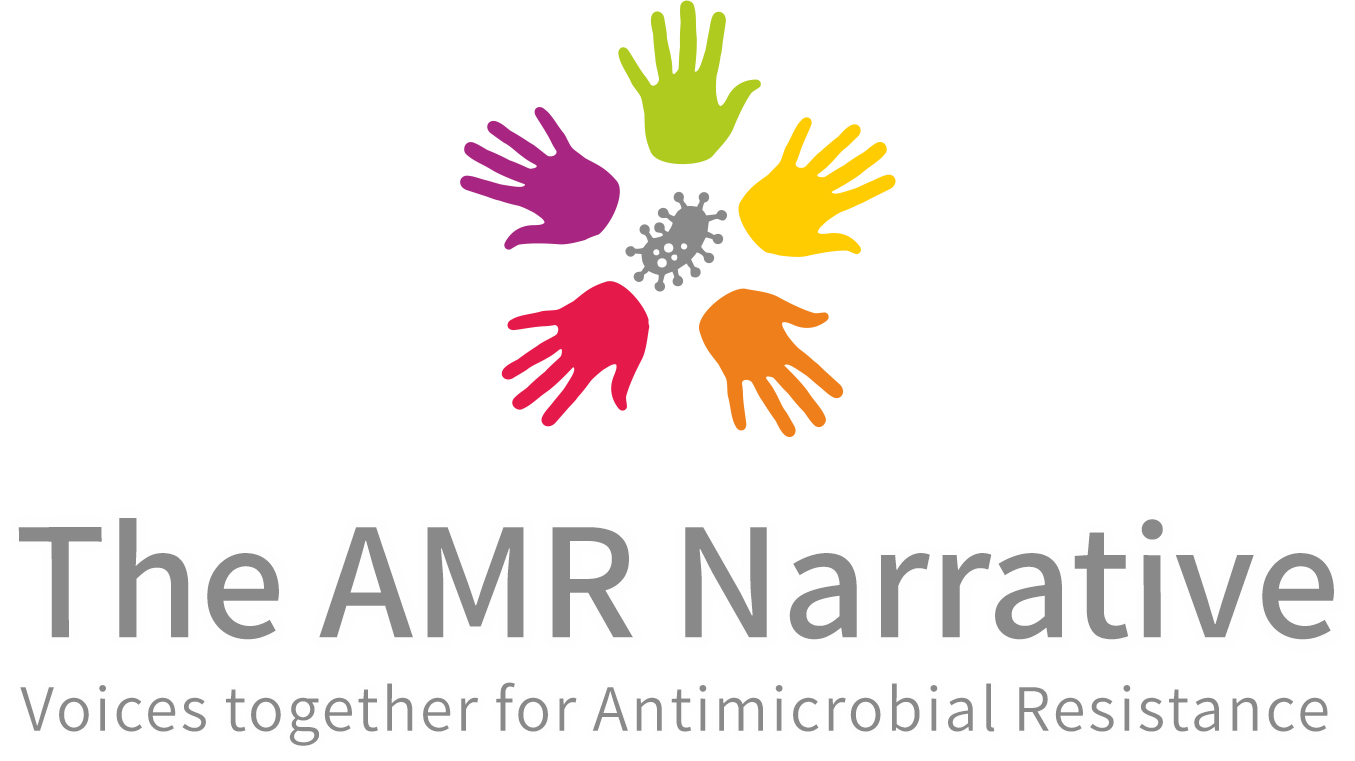What is AMR and why is it important?
Antimicrobial Resistance (AMR) is the ability of a microorganism (e.g., a bacterium, a virus, or a parasite) to resist the action of one or more antimicrobial agents or antibiotics. Levels of antibiotic consumption consistently correlate with levels of antibiotic resistance, i.e. the more an antibiotic is used, the more resistant the bacteria can become. As a result, antibiotics will not be able to treat infections any longer.
Antimicrobial resistance is one of the most serious threats to public health globally. It is responsible for an estimated 33,000 deaths per year in the EU and is estimated to cost the EU €1.5 billion annually in healthcare costs and productivity losses. Without effective antibiotics to prevent or treat infections, some routine surgical operations and cancer chemotherapies may become very high-risk procedures, or even become impossible due to the increased likelihood of resistant infections. Resistant bacteria can kill and can spread to others, creating huge risks for patients and problems for society at large.
Keeping antibiotics effective is everyone’s responsibility. Responsible use of antibiotics can help stop resistant bacteria from developing and help keep antibiotics effective for the use of future generations. On this basis, it is important for everyone to know when it is appropriate to take antibiotics and how to take them responsibly.
The key objectives of the AMR Patient Group are
1
Raising patient awareness about AMR and healthcare-associated infections to help reduce antibiotic misuse.
2
Building a consistent patient voice across Europe to advocate for national policies to tackle AMR and healthcare-associated infections.
3
Broadening the AMR debate to include infection prevention and control measures.
